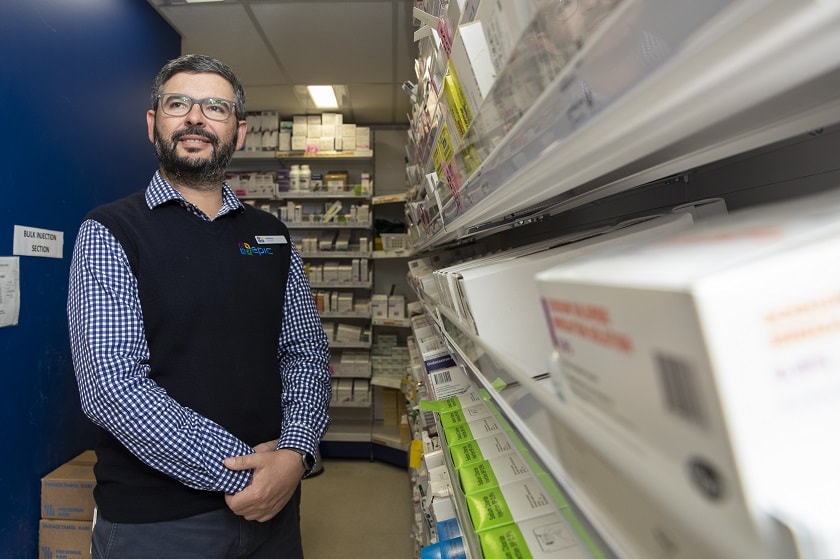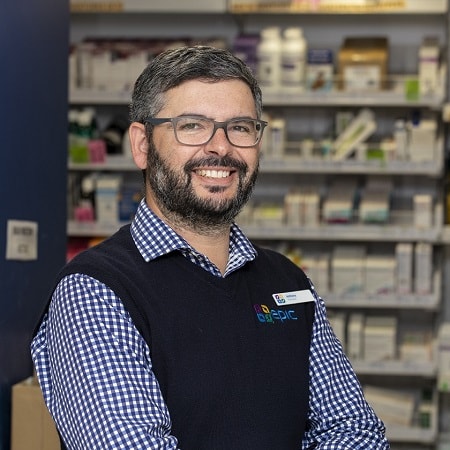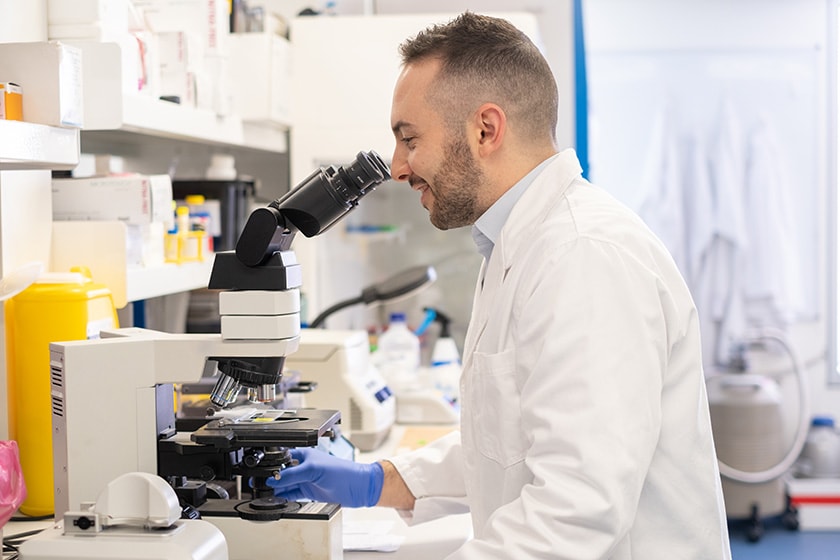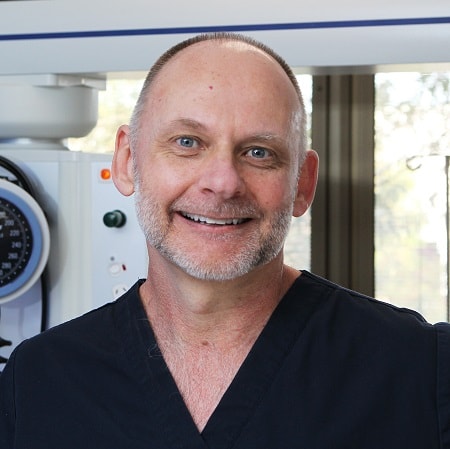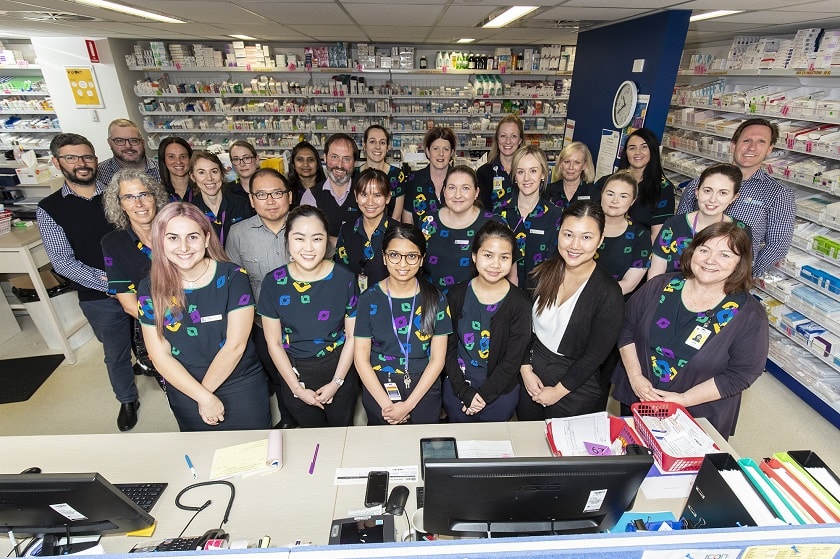Antimicrobial Stewardship (AMS) refers to coordinated actions designed to promote and increase the appropriate use of antimicrobials and is a key strategy in tackling the threat of antimicrobial resistance (AMR), which has been described by the World Health Organisation as one of the key global health issues facing our generation today.
What is Antimicrobial Stewardship?
Antimicrobial Stewardship isn’t about “not using antimicrobials” but rather “identifying that small group of patients who really need antibiotic treatment and then explain, reassure and educate the large group of patients who don’t."
- Stewardship means to protect something
- AMS is a systematic approach to optimise the use of antimicrobials: getting the right patients the right antimicrobial at the right time
- Goals of AMS are to:
- improve patient outcomes and patient safety
- reduce antimicrobial resistance
- reduce costs
- AMS works hand-in-hand with infection prevention and control, and environmental cleaning strategies
What is Antimicrobial Resistance?
AMR is a serious health issue affecting Australia and many countries internationally. Antimicrobial resistance means that antibiotics are being used inappropriately, causing resistance against the medication which in turn means they no longer work to protect us against diseases.
Antimicrobial Stewardship (AMS) at St John of God Murdoch Hospital
Antimicrobial Stewardship at St John of God Murdoch Hospital is coordinated by the multidisciplinary AMS Committee chaired by Dr Andrew Wesseldine and is comprised of representatives from infectious diseases, microbiology, infection control, quality, nursing and pharmacy.
Antibiotic Prescribing Formulary
The Restricted Antimicrobial Formulary is a Murdoch policy governed by the Antimicrobial Stewardship Committee. It assists to guide the use of antimicrobial prescribing in the hospital. Prescriptions for restricted antimicrobials require infectious diseases pre-approval unless the prescriber is exempt or if approval cannot be sought in a timely manner. Murdoch operates a 24 hour on-call ID service for advice and approval for antimicrobial prescribing.
The Antimicrobial Stewardship Team is composed of ID Physicians: John Dyer, Duncan McLellan, Desmond Chih and AMS Pharmacist Anthony Fico. AMS rounds are conducted twice weekly on Tuesday and Friday, with patients prescribed restricted antimicrobials (as per the Antimicrobial Formulary Restriction: ‘Traffic Light System’) reviewed. Recommendations regarding antimicrobial prescribing are recorded in the patient notes or communicated to the prescriber by the ID Physician.
The AMS team visits ICU twice weekly (in addition to being on call) to review our most high risk patients with the intensivist who are then followed up when transferred to the wards.
The AMS rounds have resulted in a decrease in prescribing of highly restricted (red) and restricted (orange) antimicrobials due to the close monitoring and recommendations of the AMS team. Prolonged, broad-spectrum surgical prophylaxis has been curtailed and therapy cessation and modification (including step-down from IV to oral formulations) has improved.
Antimicrobial Auditing & Monitoring
Quantitative and qualitative antimicrobial prescribing is continually monitored with local and state/national benchmarking surveys:
- National Antimicrobial Prescribing Survey (NAPS) is a yearly qualitative audit on prescribing habits. Benchmarking with peer private hospitals shows prescribing at Murdoch as superior.
- National Antimicrobial Utilisation Surveillance Program (NAUSP) data is provided on a monthly basis by Epic Pharmacy and reviewed by the AMS team. Benchmarking continues to display low usage of antimicrobials in ICU with close collaboration with the AMS team twice weekly.
- HISWA surveillance from infection control.
- Targeted audit on acute infective exacerbation of chronic obstructive pulmonary disease.
- Susceptibility monitoring with our pathology provider.
- AMS round acceptance rates.
NSQHS Accreditation
The National Safety and Quality Health Service (NSQHS) accreditation periodic review of criterion 3.14 Antimicrobial stewardship, was undertaken and approved in the middle of the year with pleasing results. Here is an excerpt from St John of God Murdoch Hospital CEO Ben Edwards' memo on the accreditation:
“Our Infection Control Department was praised, especially for its Antimicrobial Stewardship Program. All of the National Standards assessed were achieved and we received no formal Recommendations for Improvement. The Accreditors also stated that we continue to perform at a very high level compared to most other hospitals.”
Antibiogram – Monitoring for Resistance
With our partner - Australian Clinical Labs – local antimicrobial resistance is monitored and reported to the AMS Committee in the form of an antibiogram. Antibiograms are tables of antimicrobial susceptibilities compiled according to a specific set of standards. Antibiograms are an aid that can support antimicrobial stewardship programs in the development of local treatment guidelines and formulary management.

